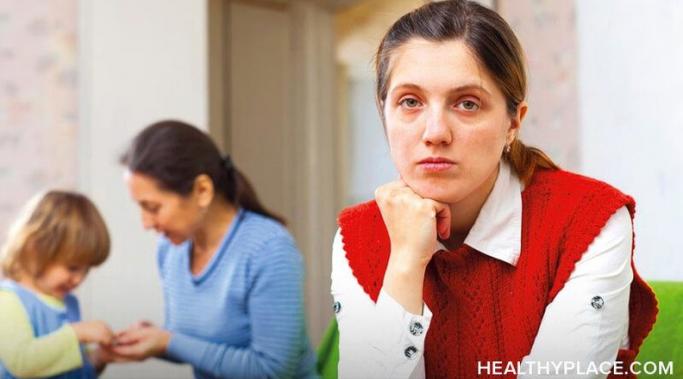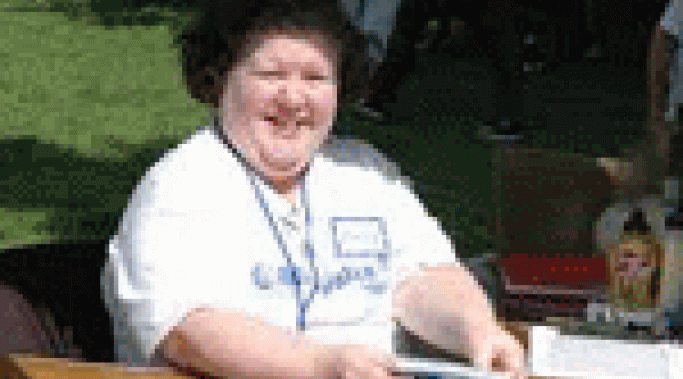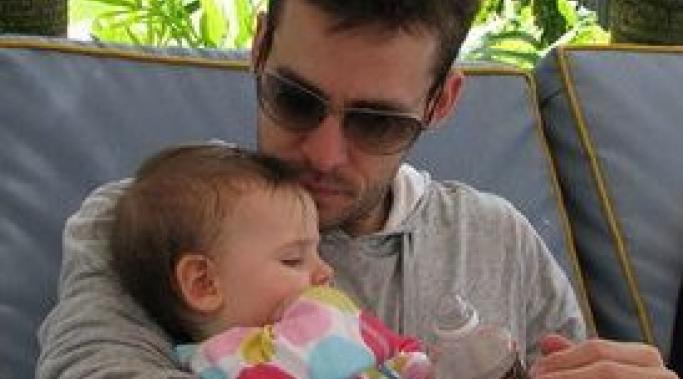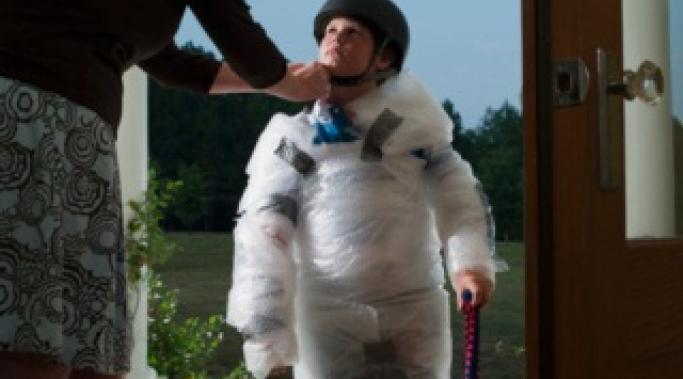Blogs
Recently a commenter asked how to tell her boyfriend about her bipolar disorder. Unfortunately, this commenter had negative past experiences in dealing with her bipolar disorder in relationships. In fact, people had broken up with her because of her disorder. A scene that is far too common in mental illness.
So, when is the right time to tell the person you're dating you have bipolar disorder?
It's been pretty quiet at my house this week. Bob left for a week at his father's last Friday morning, and was scheduled to return last night. But my husband has some friends visiting from out of town tonight--along with their two young children--so I asked Bob's father if Bob could stay with him until Saturday morning.
The guilty truth? I'm not ready for him to come home yet. And I'm not even sure he wants to.
Amanda_HP
What's it like living with major depressive disorder? Imagine not feeling joy in the things that used to make you happy. Having to live day-to-day feeling persistently sad or numb and hopeless. These are just some of the symptoms of major depression. Now think about living that way for decades.
Could your desk use some decluttering? If so, you may share a personality trait with most procrastinators--putting off decisions. Breaking that procrastination habit means you are going to have to do a bit of digging, literally, to declutter your desk. This can be more difficult for those with bipolar than those without, but it can be done. Planning, practice and more practice is what it takes to declutter your desk and regain space in your bipolar mind.
Last week, I blogged about some good news: Ben, my son, was discharged from the hospital and is getting his life back. He went back to his job, is taking his meds, signed up for fall college classes, and will begin his outpatient program soon. So - some pieces are in place and that sudden lack of structure that triggered his schizophrenia relapse two months ago is gone.
So far so good. But here's the thing.
Amanda_HP
Caring for an adult with mental illness is like walking a fine line. On the one hand, the person is an adult and probably doesn't want to be coddled or told what to do. On the other hand, an adult with a serious mental illness such as schizophrenia, bipolar disorder, severe anxiety or major depression may need help and support to remain stable or stay out of major trouble.
During my senior year at Yale, I had what I now consider a manic episode. I'd gotten 2-4 hours of sleep for nights in a row and I was still flying high. I was in a terrific mood and got lots of work done on my senior thesis and a play I was producing. I felt invigorated! Then, one night, I crashed. I couldn't sleep. One night, I was so tired I cried and spent a few weeks just feeling "off". I never mentioned it to anyone, least of all my Dad, still reeling from my Mom’s death a year before.
There are stages of abuse called the cycle of violence, then there are the stages of abuse that the victim controls. These stages of abuse range from victim to hero, and include the labels of target and survivor along the way.
What stage of abuse are you in today?
The stages of moving from Victim of Abuse to Hero of Your Abuse-Free Life includes transitory phases of Target and Survivor. Some people get stuck as a Target. How do you know when and how to move on?
My name is Angela, and I am a control freak. If you read this blog with any regularity, this probably comes as no great shock to you. If you're new, however, you may not yet have noticed many of my posts contain the same underlying message:
How can I fix this?








